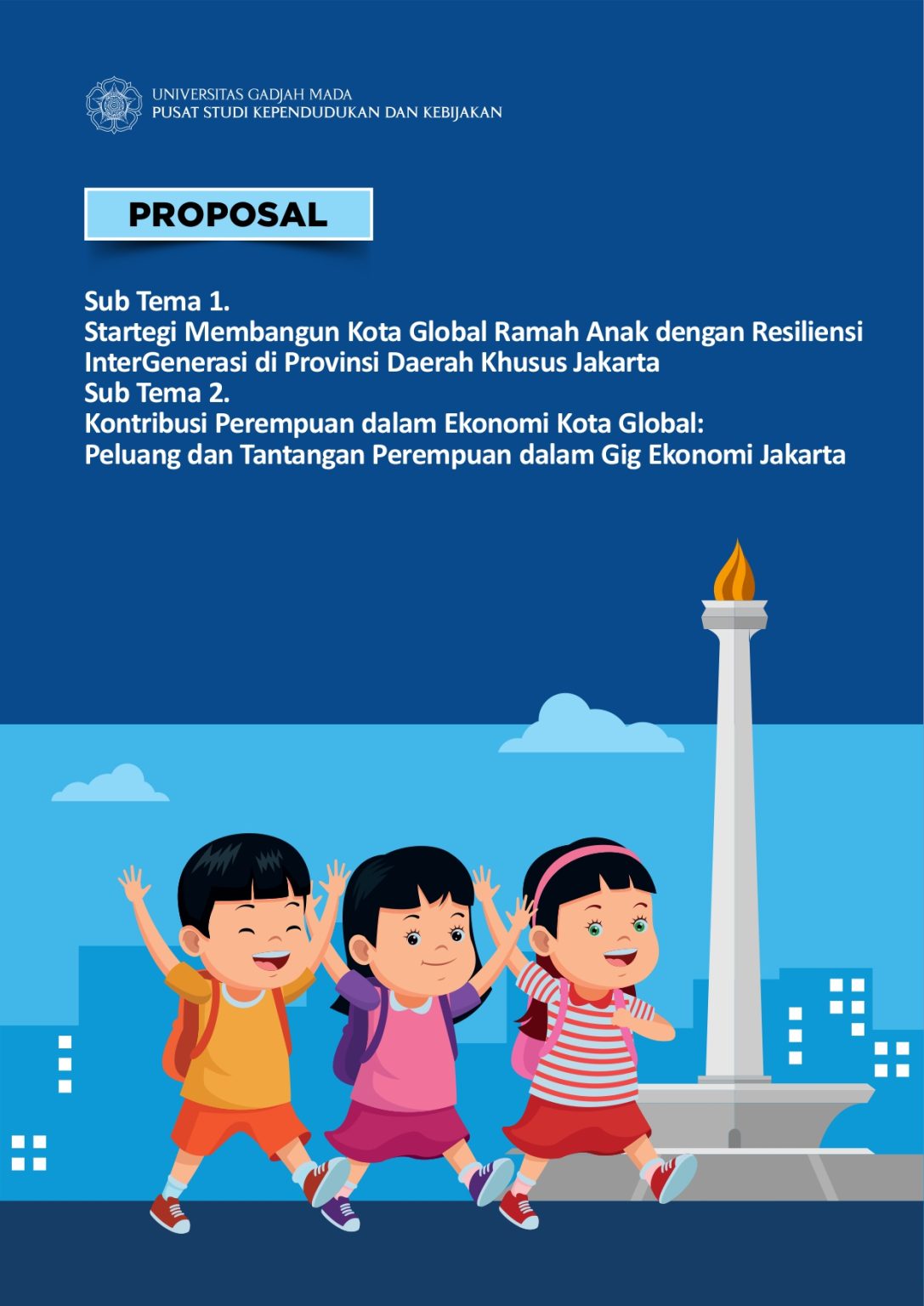Generational resilience has become a critical focus in population studies, particularly in understanding how the welfare of children aged 0–17 influences long-term development outcomes. In Indonesia, despite progress, child poverty remains high—with 40.9 per cent of children living below the poverty line in 2022—affecting their access to essential services such as nutrition, health, education, housing, and identity documentation. These conditions pose both physical and psychological risks and may perpetuate cycles of poverty.
Jakarta, transitioning from the national capital to a global city, presents a unique context with high levels of migration, urbanization, and socioeconomic heterogeneity that challenge the direct application of child resilience frameworks developed in high-income countries. This study aims to explore child well-being and its determinants within Jakarta’s complex urban landscape to inform strategies that support its aspiration of becoming a child-friendly global city. The scope includes identifying key welfare challenges, projecting potential impacts, formulating strategic issues, and developing a roadmap to strengthen generational resilience through improved child welfare.
Status
Ongoing
Completion Year
2025
Project Donor
Bappeda DKI Jakarta
Type of Service
Research
Topic
Public Policy, Children Protection
Area
DKI Jakarta

